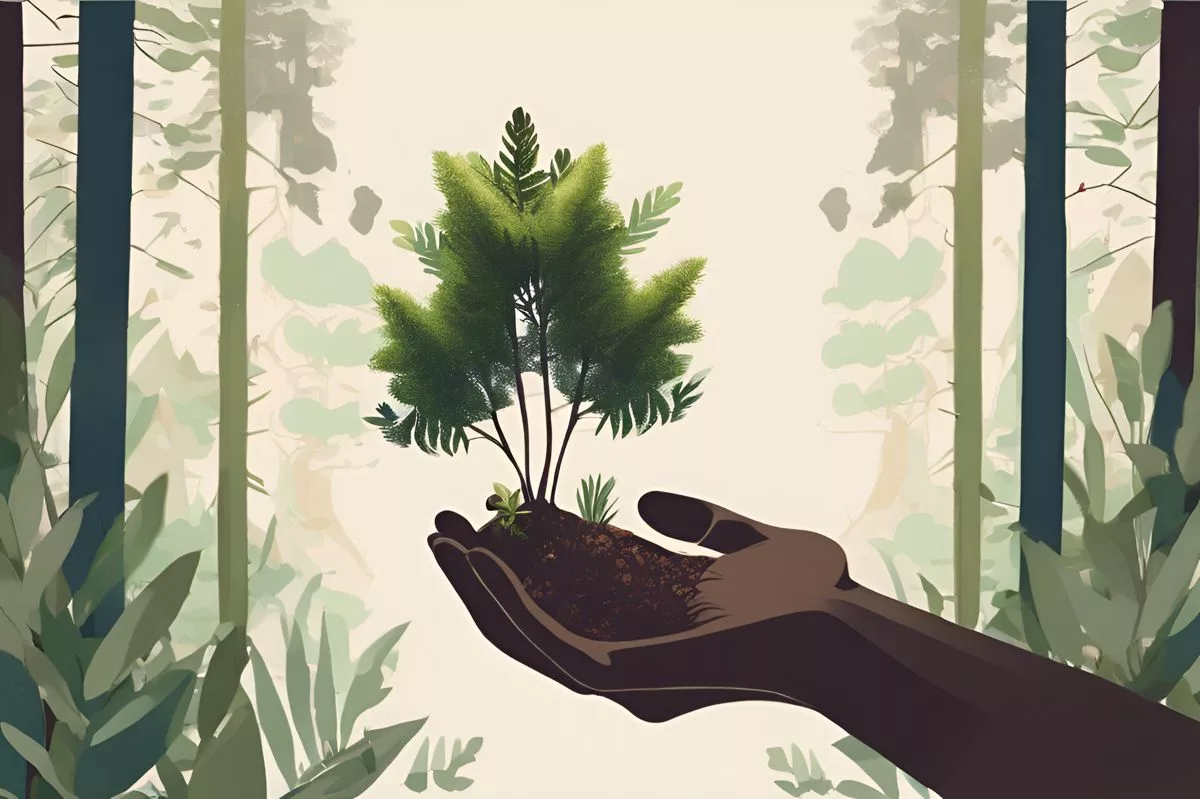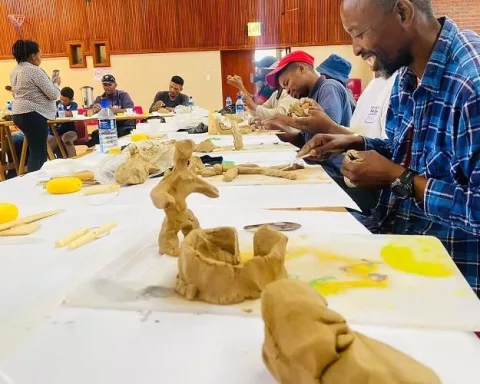The handover of the Mabama Plantation to the Mashamba Traditional Council marks a significant change in South Africa’s forestry industry, promoting sustainable forestry and increasing participation from disadvantaged communities. The government has pledged to offer support and resources necessary to transform the plantations into productive assets for the community. This transition is part of the Commercial Forestry Masterplan to direct the forestry sector’s growth, investment, and transformation ultimately empowering local communities and promoting sustainable development.
The Impact of the Handover on Sustainable Forestry
The handover of the Mabama Plantation to the Mashamba Traditional Council signifies a significant shift in South Africa’s forestry industry. The transition of responsibility from the government to the local community is a crucial step in promoting sustainable forestry and increasing participation from disadvantaged communities. However, the plantations will need significant upgrades, and the Department has pledged to offer the necessary support and resources to transform these plantations into productive assets for the community.
In a significant event highlighting the radical changes within the South African forestry industry, the Mabama Plantation was ceremonially transferred to the Mashamba Traditional Council. This was done by the respected Deputy Minister of Forestry, Fisheries and the Environment, Ms Makhotso Sotyu. The ceremony, located in the Makhado Local Municipality, Limpopo, was characterized by both a solemn atmosphere and a radiant sense of hope. It signified a crucial transition of responsibility from the government to the local community.
Ms Sotyu highlighted in her address that the handover was made possible by the Commercial Forestry Sector Masterplan. This extensive plan orients the growth, investment, and transformation of the forestry sector. Adopted in November 2022, the main goal of the Masterplan is the transition of plantation resources. Through this, the government aims to direct its attention to policy and regulation, thereby creating a favorable environment for the forestry sector to thrive.
A key element of this strategy is the Community Forestry Agreement (CFA), which is embedded in Section 29 of the National Forests Act. This clause allows communities interested in managing state forest plantations to propose a CFA with the Minister. Approved on March 27, 2024, by the Minister of Forestry, Fisheries and the Environment, Ms Barbara Creecy, this agreement was the spark that enabled the Mashamba Traditional Council to express their dedication and commitment to managing the Mabama plantation.
The Impact of the Handover on Sustainable Forestry
The importance of this handover is not merely symbolic; it signifies a significant shift in the sustainable management and development of South Africa’s forests and forest products industry. The National Forests Act of 1998, which supports this event, aims to promote sustainable forestry, community forestry, and increased participation from disadvantaged communities.
The Mabama plantation, covering about 71.92 hectares, is a vital resource for timber production. The transition of management to the Mashamba Traditional Council represents the government’s trust in the resilience and entrepreneurial spirit of the local community.
However, this transition is not devoid of hurdles. The Department recognizes that the plantations are not currently in the best condition for timber production and will need significant upgrades. Nevertheless, Ms Sotyu pledged on behalf of the Department to offer the necessary support and resources to transform these plantations into productive assets for the community.
Initiatives and Challenges Surrounding the Handover
The Department has pledged to implement initiatives such as site species matching, provision of technical and advisory support services, and training beneficiaries for sustainable forest management. Additionally, it will supply the seedlings required for reestablishing the plantations. These pledges are further detailed in the post-settlement support package currently being prepared by the Department.
Moreover, the Department intends to build partnerships with strategic entities to offer extra expertise and resources. The project’s success depends on the community’s pledge to preserve the land for forestry production. The Department will offer guidance for multi-use land systems such as Agroforestry in this regard.
The Commercial Forestry Masterplan signifies the shared determination of the Forest Industry, labor, and government to transform the sector. In line with this spirit of transformation and empowerment, the Mabama plantation, the first among many in Limpopo, was transferred to the Mashamba Traditional Council.
Empowering Local Communities through Sustainable Development
As agricultural progress is a top national priority, the transfer of the Mabama plantation is a crucial step towards empowering local communities and promoting sustainable development. This initiative, though intricate and complex in its procedures, represents the government’s pledge to delegate power to the local level and cultivate a sustainable and inclusive environment for all South Africans. As Ms Sotyu eloquently concluded, “We have reached the goal of empowering our communities.”
1. What is the significance of the handover of the Mabama Plantation to the Mashamba Traditional Council?
The handover of the Mabama Plantation to the Mashamba Traditional Council marks a significant change in South Africa’s forestry industry, promoting sustainable forestry and increasing participation from disadvantaged communities.
2. What is the Commercial Forestry Masterplan?
The Commercial Forestry Masterplan is an extensive plan that orients the growth, investment, and transformation of the forestry sector.
3. What is the Community Forestry Agreement (CFA)?
The Community Forestry Agreement (CFA) is embedded in Section 29 of the National Forests Act. This clause allows communities interested in managing state forest plantations to propose a CFA with the Minister.
4. What are the initiatives the Department has pledged to implement?
The Department has pledged to implement initiatives such as site species matching, provision of technical and advisory support services, and training beneficiaries for sustainable forest management. Additionally, it will supply the seedlings required for reestablishing the plantations.
5. What challenges does the handover face?
The Department recognizes that the plantations are not currently in the best condition for timber production and will need significant upgrades.
6. How does the handover empower local communities through sustainable development?
The transfer of the Mabama plantation is a crucial step towards empowering local communities and promoting sustainable development. This initiative represents the government’s pledge to delegate power to the local level and cultivate a sustainable and inclusive environment for all South Africans.












